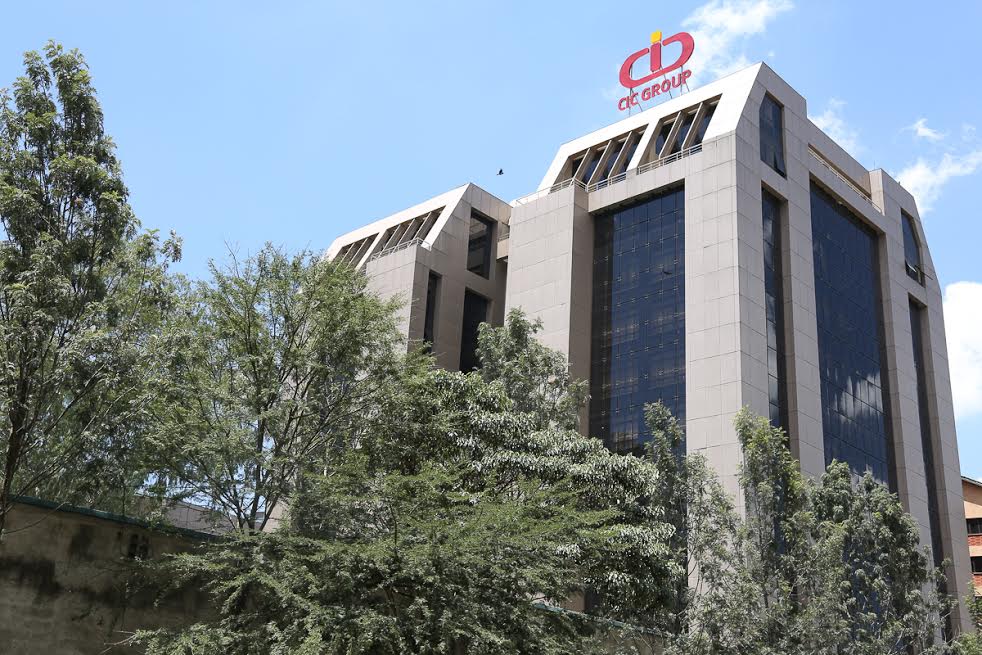Kuramo Capital Management, an investment management firm with a focus on Sub-Saharan Africa (SSA), plans to invest $150 million (Ksh22 billion) in supporting female-led enterprises over the next 10 years. This will be done under the Moremi Platform, an initiative to empower the next generation of African women enterprises and promote gender-equitable fund management.
The Moremi platform is a three pillar initiative involving an accelerator program, a warehousing/lending facility and a Fund of funds. The firm has unveiled the first cohort of the accelerator program, which also serves as a mentorship, capacity building and technical assistance platform, targeting 40 female entrepreneurs and fund managers annually.
According to Kuramo CEO and Founder Wale Adeosun, the program will address the huge funding and knowledge gap for women in business, a major barrier to inclusive, sustainable economic and social development of countries in Africa. This includes sharpening the skills of women fund managers who will in turn help promote the growth of women-driven enterprises.
“We believe that, just as we were able to address gaps with African GPs (fund managers) in the past, we can achieve a similarly catalytic impact with our gender lens initiative,” he explains.
The accelerator program offers a structured curriculum for capacity building, technical assistance, and mentoring for women in business, addressing the knowledge gap, particularly for female fund managers in Africa.
“The Accelerator Program is being launched at such a critical time in Africa’s investing story and we are excited by the traction. Despite an increased flow of capital to Africa, women have still been underrepresented at all levels of the investment landscape. Our goal is to address this barrier and improve the ecosystem by supporting female-led African private equity and venture capital funds,” says Sarah Ngamau, Managing Director, Moremi Fund.
>> You Can Buy Shares Of Unlisted Bread Maker Supa Loaf
The World Economic Forum has identified Sub-Saharan Africa as having the world highest rate of women involved in entrepreneurial activity, with women making up 58 per cent of Africa’s self-employed population. Building on this strong foundation, Africa requires strategies that prioritize gender-smart investment practices.
“At Kuramo Capital and Kuramo Foundation for Sustainable Development, we firmly believe that the fastest way to unlock capital for female entrepreneurs and gender-smart businesses at scale is to invest in female-led and gender-diverse fund managers. We are very delighted to promote inclusive economic empowerment of female-led funds in Pan-Africa,” says Sarah.
Kuramo was established in 2011 and has since mobilized over $3.5 billion (Ksh73.8 billion) to support over 200 companies and create over 50,000 jobs in Africa. The firm focuses on creating long-term capital value to facilitate the sustainable growth of businesses across diverse sectors of the economy.
The Moremi Accelerator Program is an integral part of the firm’s vision to catalyze gender-equitable capital growth required to power Africa’s socio-economic transformation, says Shaka Kariuki, Co-CEO & Chief Investment Officer, Kuramo Capital.
>> Three Ways Safaricom Wants To Transform The Lives Of Young Kenyans
“Kuramo’s strategy leverages its presence in Africa to drive value and achieve long-term, sustainable capital growth. The launch of this accelerator program confirms our commitment to expanding our value across Africa as a continent,” he says.
Shaka views the accelerator program as an example of Kuramo’s contribution to positioning Africa as an attractive investment destination. Prior to Kuramo’s entry into Africa, there were very few investors deploying capital to African Fund managers on the continent.
“However, since Kuramo’s arrival, we have been able to anchor and fund more than 15 funds across Sub-Saharan Africa which has helped to mitigate some of the fears associated with investing on the continent,” says Shaka. “With the Moremi Accelerator Program, we will be addressing challenges facing African female entrepreneurs and fund managers owing to such perceptions.”













Leave a comment